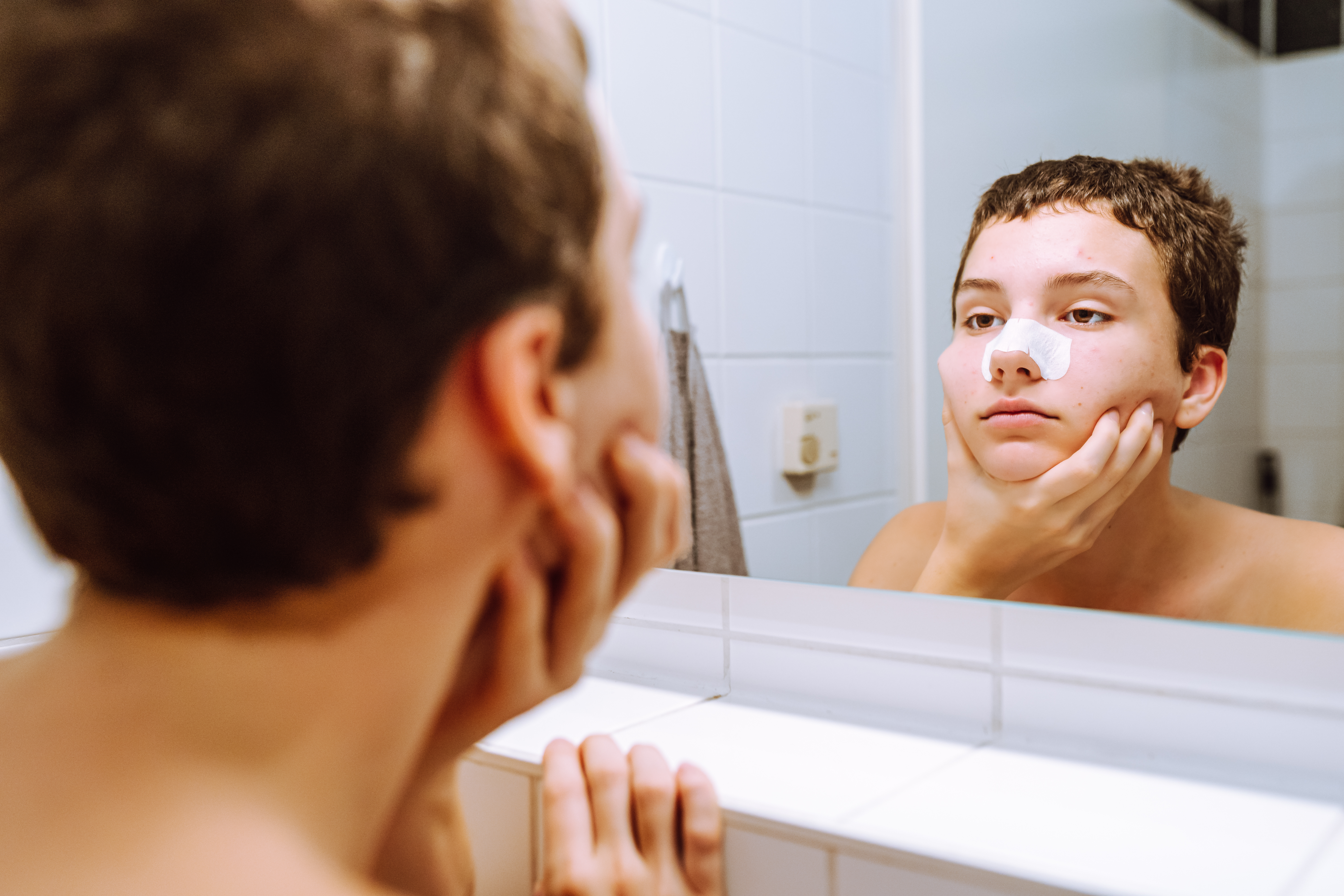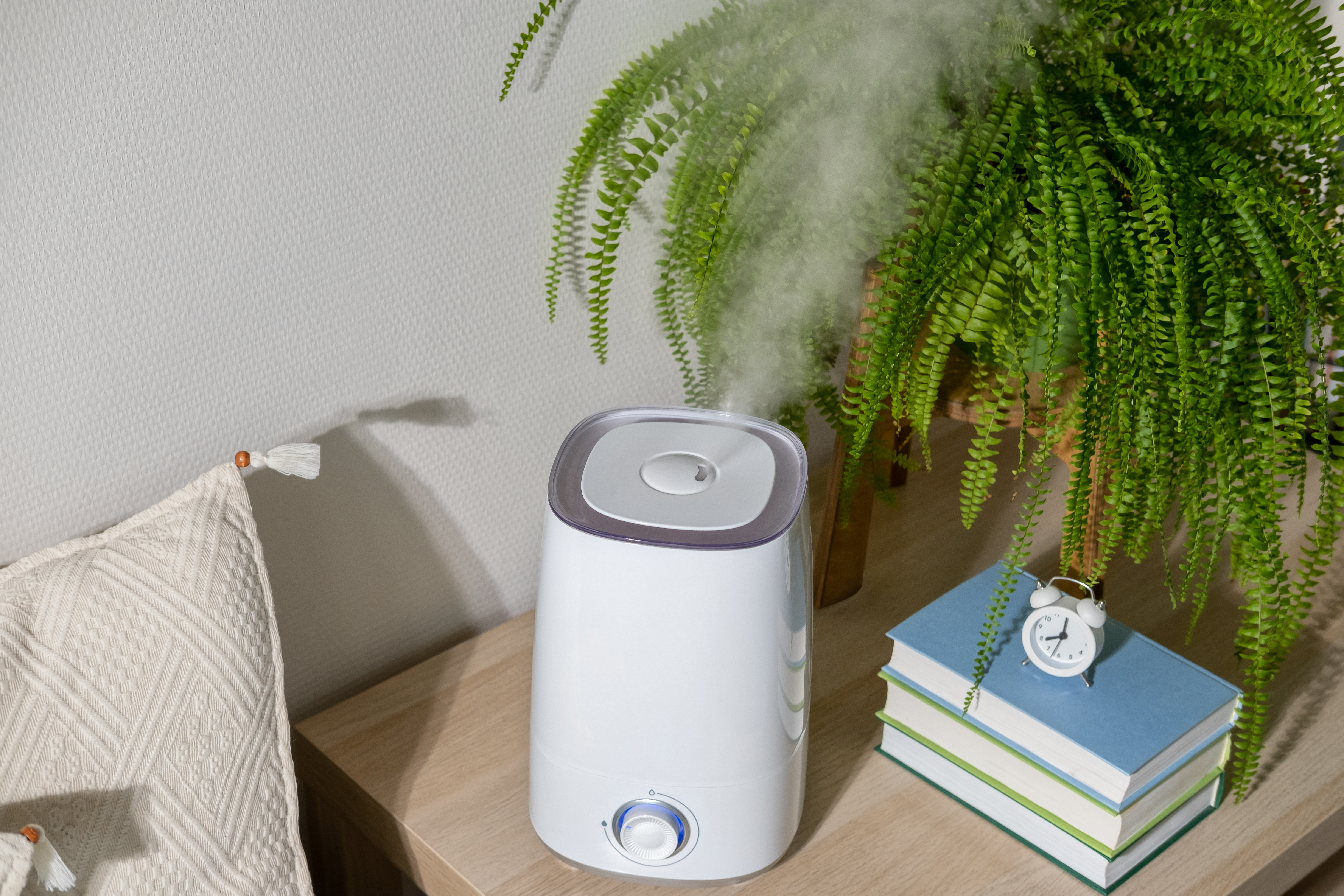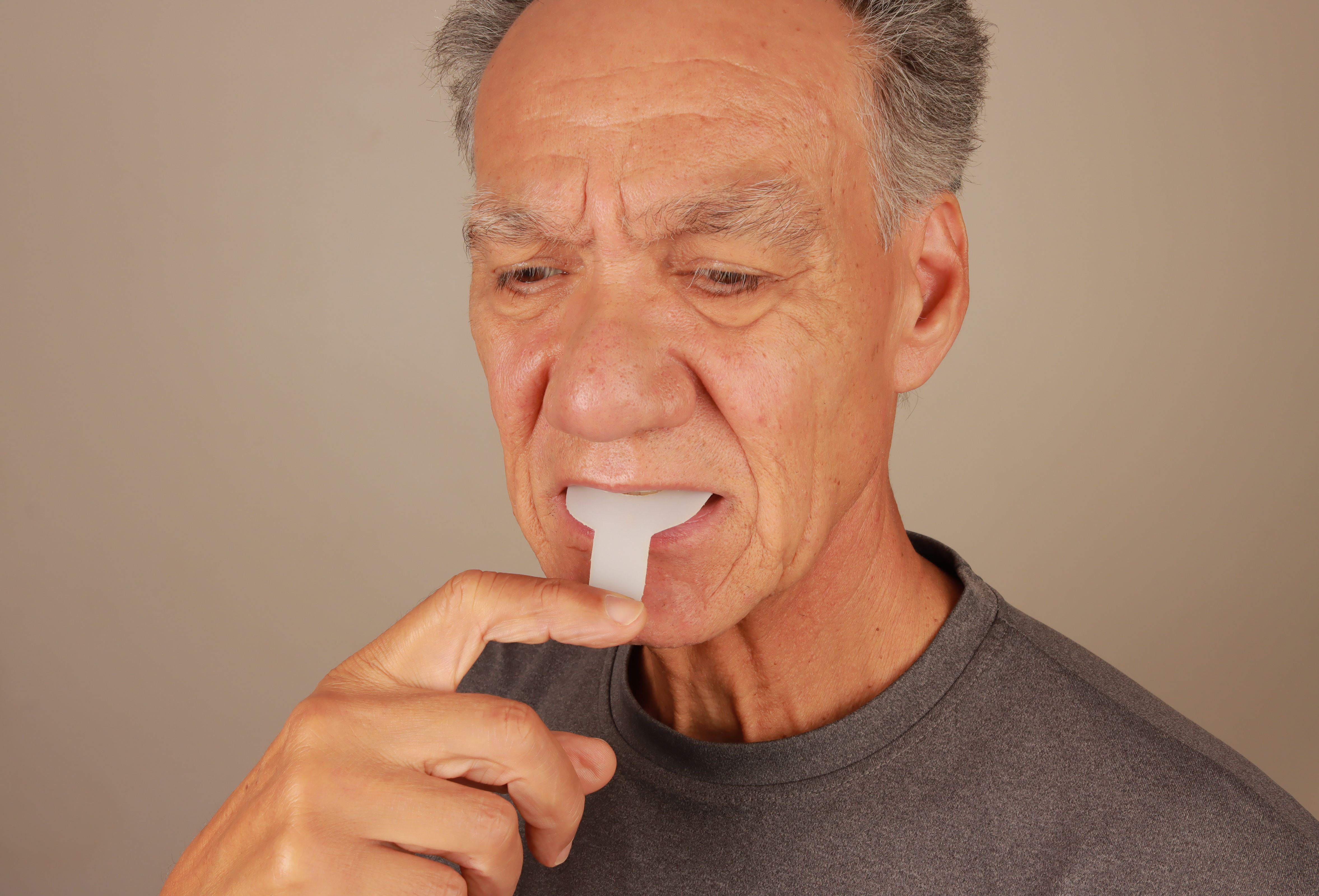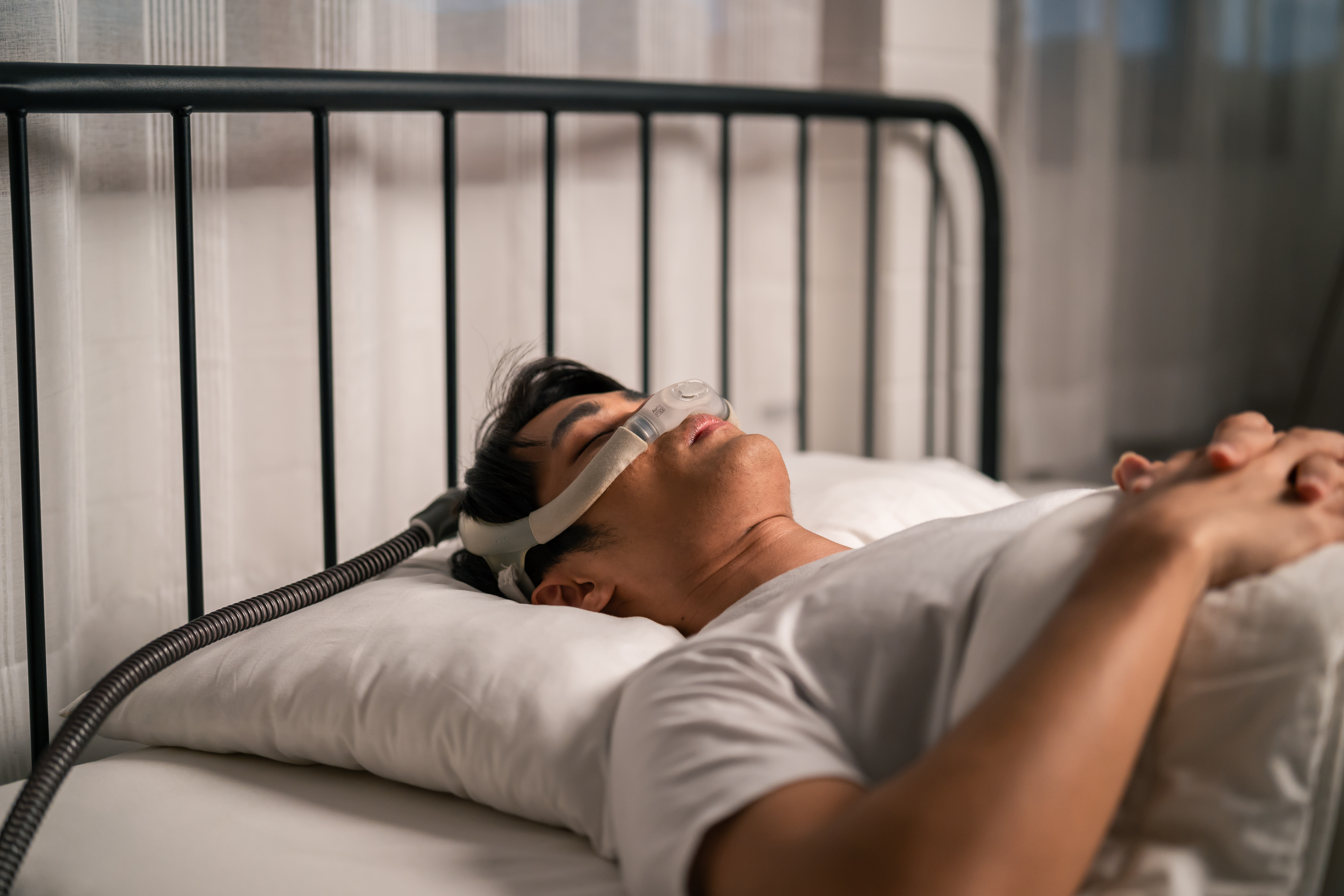10 Secret Snore-Stopping Tricks That Will Transform Your Nights Forever
Snoring is more than just a nighttime nuisance; it can disrupt sleep patterns, strain relationships, and even signal underlying health issues. For millions around the world, the symphony of snorts and grunts is an unwelcome nightly companion. However, the journey to a peaceful night's sleep is not a lost cause. This article will guide you through ten secret snore-stopping tricks that promise to transform your nights forever. By exploring a variety of methods, from lifestyle changes to innovative gadgets, we aim to provide a comprehensive guide to silencing the snores. Each section will delve into a unique aspect of snoring solutions, presenting evidence-based strategies and practical tips that can be tailored to individual needs. Whether you're a chronic snorer or sharing a bed with one, these insights could be the key to unlocking restful nights and rejuvenated mornings.
1. Understanding the Science of Snoring

To effectively combat snoring, it's essential to understand the science behind it. Snoring occurs when the flow of air through the mouth and nose is partially obstructed during sleep. This obstruction can be due to various factors such as the anatomy of the mouth and sinuses, alcohol consumption, allergies, a cold, or weight. When the airway is narrowed, the airflow becomes more forceful, causing the tissues in the throat to vibrate, which produces the familiar snoring sound. Understanding these mechanics is the first step in addressing the problem. By identifying the root cause of your snoring, you can choose the most appropriate solution from the array of techniques available. This foundational knowledge empowers you to make informed decisions about the snore-stopping strategies that will work best for you.
2. Lifestyle Adjustments: The First Line of Defense

Lifestyle changes are often the simplest and most effective first step in reducing snoring. Weight loss, for instance, can significantly decrease the fatty tissue in the back of the throat, reducing or even eliminating snoring for some individuals. Additionally, avoiding alcohol and sedatives before bed can prevent the relaxation of throat muscles, which often leads to increased snoring. Establishing a regular sleep routine can also make a big difference, as sleep deprivation can exacerbate snoring. By maintaining a consistent sleep schedule, you can ensure that your body is well-rested, reducing the likelihood of snoring. These lifestyle adjustments are not only beneficial for reducing snoring but also contribute to overall health and well-being.
3. The Power of Sleep Positioning

The position in which you sleep can greatly impact your snoring. Sleeping on your back can cause the tongue and soft palate to collapse to the back of the throat, blocking the airway and causing snoring. By simply changing your sleep position, you may be able to reduce or eliminate snoring altogether. Side sleeping is often recommended as it helps keep the airway open. Special pillows and devices designed to encourage side sleeping can be effective tools in this regard. Additionally, elevating the head of your bed by a few inches can also help keep the airway open and reduce snoring. These positional adjustments are non-invasive and can be easily implemented, making them a practical solution for many snorers.
4. Nasal Strips and External Aids

For many, nasal congestion is a significant contributor to snoring. Nasal strips and external nasal dilators are simple, over-the-counter solutions that can help keep nasal passages open. By increasing the space in the nasal passage, these aids can improve airflow and reduce snoring. Nasal strips are adhesive strips placed on the outside of the nose, while nasal dilators are small devices inserted into the nostrils. Both work by physically opening the nasal passages, making it easier to breathe through the nose. These aids are particularly useful for individuals who snore due to allergies, colds, or deviated septum, and they offer a drug-free approach to snoring relief.
5. Embracing Humidifiers for Healthier Airways

Dry air can irritate the membranes in the nose and throat, potentially leading to snoring. Using a humidifier in the bedroom can add moisture to the air, which can help soothe irritated airways and reduce snoring. Humidifiers are especially beneficial during the winter months when indoor air tends to be dry. By maintaining optimal humidity levels, you can ensure that your airways remain moist and comfortable, reducing the likelihood of snoring. In addition to reducing snoring, humidifiers can also improve overall respiratory health and comfort, making them a valuable addition to any bedroom environment.
6. The Role of Oral Appliances

Oral appliances, also known as mandibular advancement devices, are designed to keep the lower jaw in a forward position during sleep, which helps keep the airway open. These devices are often custom-fitted by a dentist and can be an effective solution for individuals with mild to moderate obstructive sleep apnea and snoring. By preventing the collapse of the airway, oral appliances can significantly reduce snoring and improve sleep quality. While they may take some time to get used to, many users find them to be a comfortable and effective long-term solution. Consulting with a dental professional can help determine if an oral appliance is the right option for you.
7. Exploring CPAP Machines for Severe Cases

For individuals with severe snoring and sleep apnea, a continuous positive airway pressure (CPAP) machine may be recommended. CPAP machines deliver a steady stream of air through a mask, keeping the airway open and preventing snoring. While CPAP machines are highly effective, they require a commitment to regular use and maintenance. Some users may find the mask uncomfortable or cumbersome, but newer models offer a range of options designed for comfort and ease of use. For those who struggle with compliance, working with a sleep specialist can help address concerns and find a solution that works. CPAP machines can transform sleep for individuals with severe snoring issues, providing relief and improved health outcomes.
8. The Impact of Diet and Hydration

What you eat and drink can have a significant impact on snoring. Consuming large meals, dairy products, or caffeine close to bedtime can increase the likelihood of snoring. Dairy can increase mucus production, while caffeine can disrupt sleep patterns. Staying well-hydrated is also important, as dehydration can lead to sticky mucus in the throat, which exacerbates snoring. By paying attention to your diet and hydration levels, you can reduce the risk of snoring and improve overall sleep quality. Making mindful choices about what you consume, particularly in the hours leading up to bedtime, can be a simple yet effective way to combat snoring.
9. Throat Exercises to Strengthen Muscles

Throat exercises, also known as myofunctional therapy, can help strengthen the muscles in the throat and reduce snoring. These exercises involve repetitive movements that target the muscles of the tongue, throat, and soft palate. By increasing muscle tone, these exercises can help keep the airway open during sleep. A few minutes of daily practice can lead to significant improvements in snoring. Some common exercises include tongue slides, vocal exercises, and palatal exercises. Consistency is key, and over time, these exercises can lead to a noticeable reduction in snoring. Consulting with a specialist can provide guidance on the most effective exercises for your specific needs.
10. Seeking Professional Help and Medical Interventions

If snoring persists despite trying various remedies, it may be time to seek professional help. An evaluation by a sleep specialist can help identify the underlying causes of snoring and determine the most appropriate treatment. In some cases, medical interventions such as surgery may be recommended. Procedures like uvulopalatopharyngoplasty (UPPP), laser-assisted uvulopalatoplasty (LAUP), or radiofrequency ablation can help reduce snoring by removing or reshaping tissues in the throat. While these interventions are typically reserved for severe cases, they can offer significant relief for individuals who have not found success with other methods. Professional guidance ensures that you receive the most effective treatment for your specific situation.
Embracing a Snore-Free Future

The journey to a snore-free life is a personal one, requiring a combination of understanding, experimentation, and persistence. By exploring the ten secret snore-stopping tricks outlined in this article, you are well-equipped to tackle the challenge of snoring head-on. From lifestyle changes and positional adjustments to medical interventions and professional guidance, there are numerous pathways to achieving quieter, more restful nights. Embrace the strategies that resonate with your unique needs and circumstances, and take the first steps toward transforming your nights forever. With patience and determination, a peaceful night's sleep is within reach, offering renewed energy and improved quality of life.
